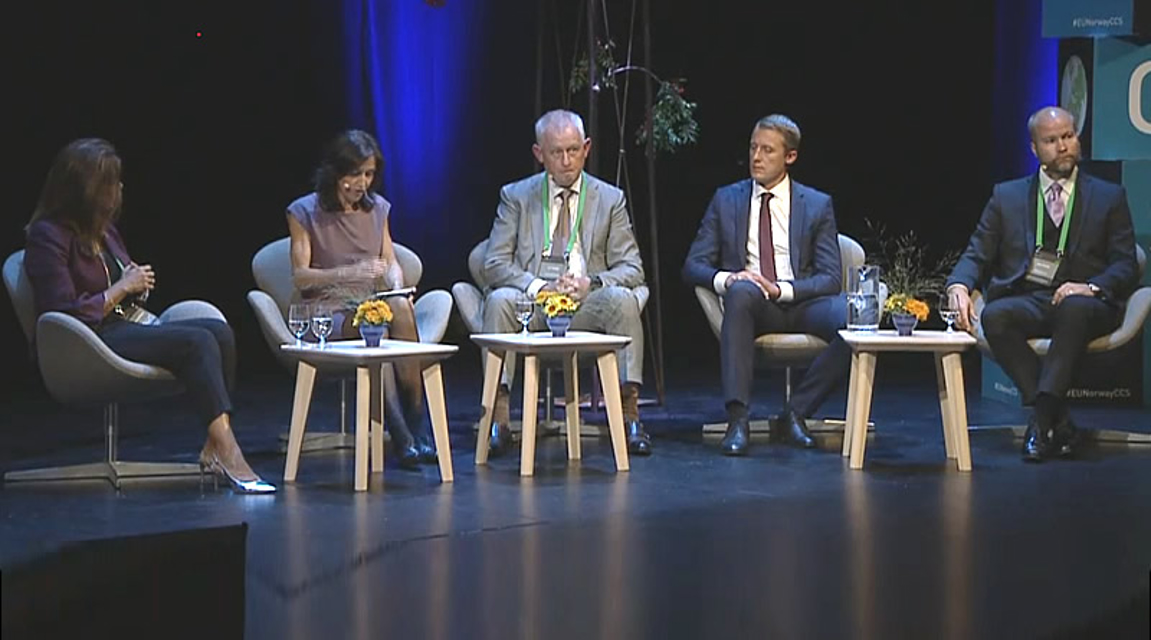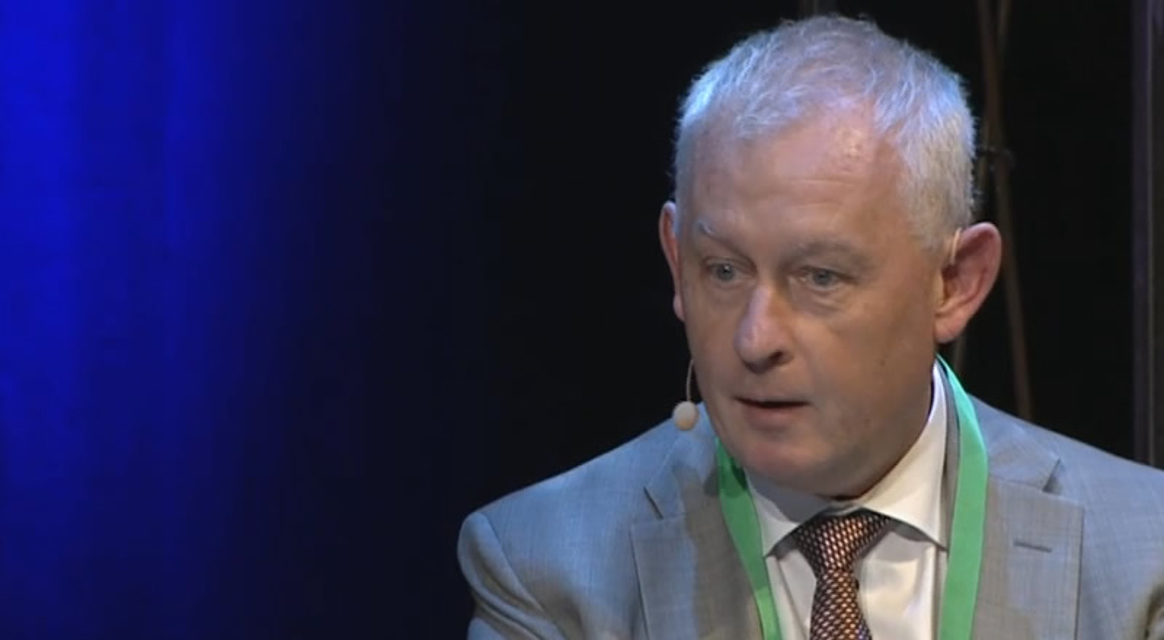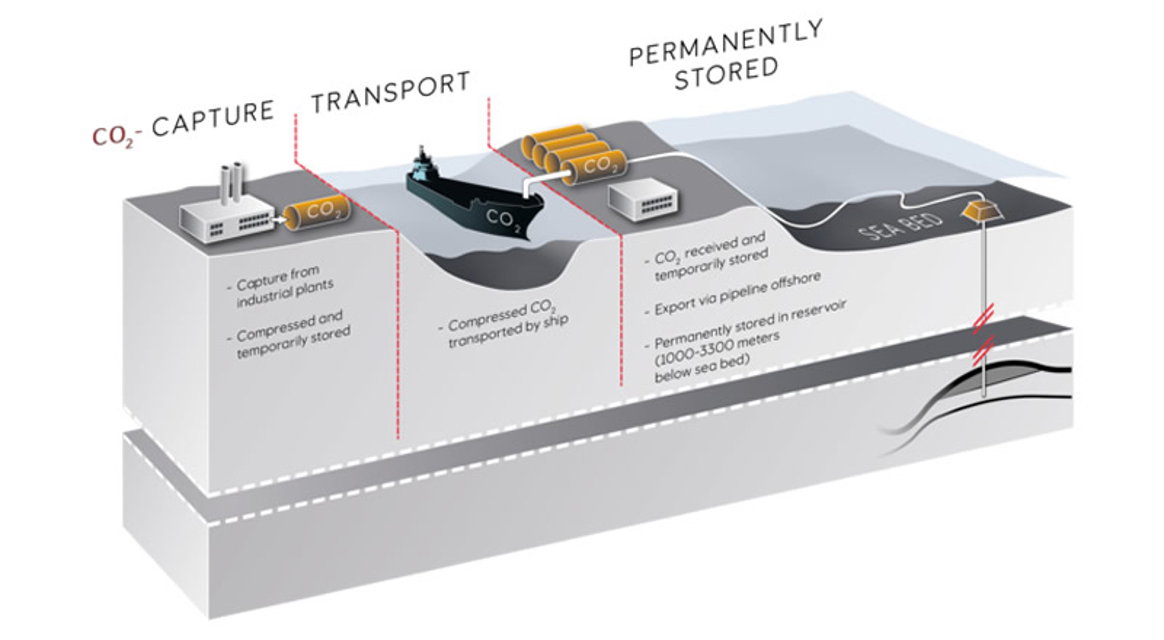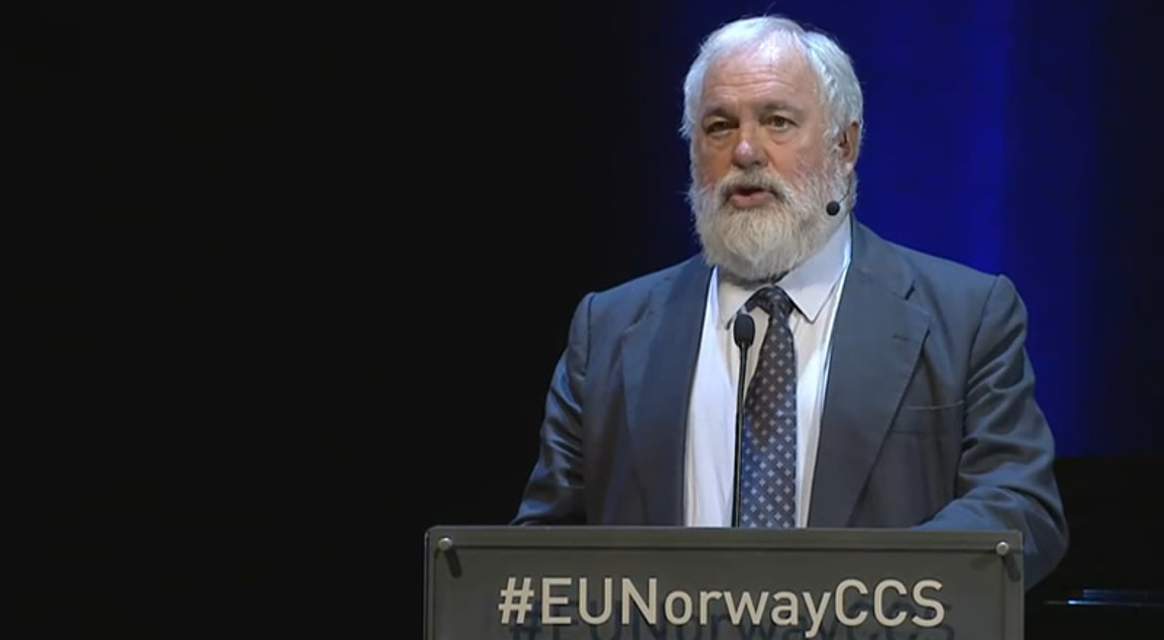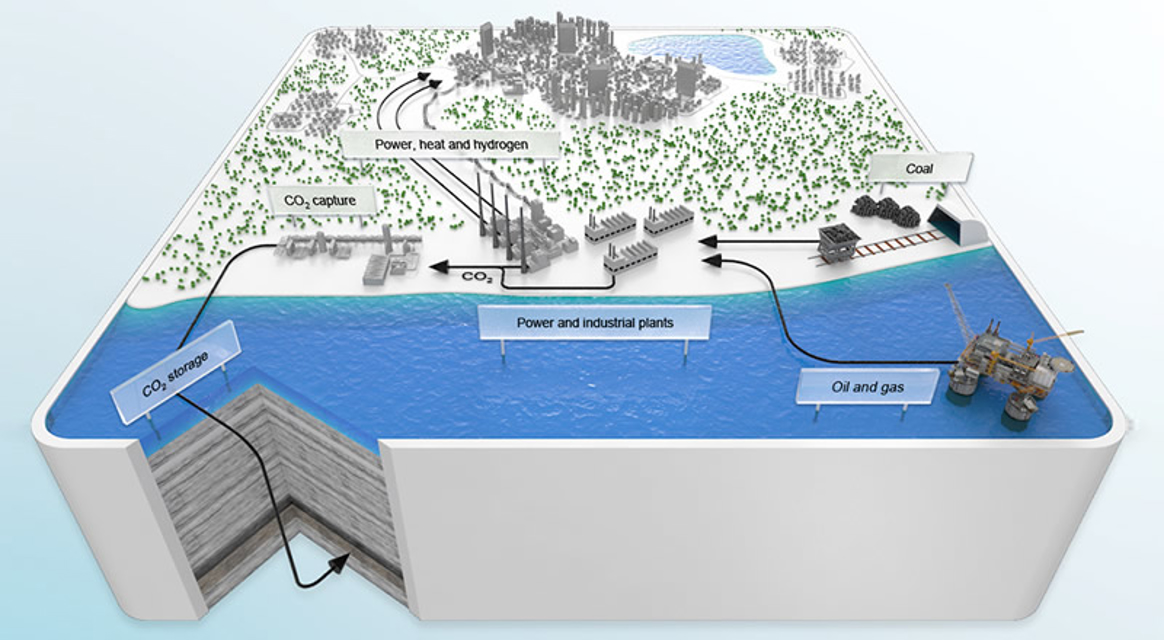reinventing production processes to become zero carbon is only possible when heavy industry maintains its production footprint inside the EU
For industriAll Europe guaranteeing a long-term future for energy-intensive industries like steel, chemicals, paper, non-ferrous metals, glass is a key priority. Altogether those sectors provide quality jobs to 6.6 million employees; moreover, the goods these sectors produce are crucial for almost all other sectors of the economy. They are at the forefront to support the transition to a low-carbon economy as they provide the materials for producing solar panels, windmills, and electric vehicles. Consequently, in the view of industriAll Europe, these carbon-intensive industries are not part of the problem but rather part of the solution.
However, in order to achieve the objectives of the Paris Agreement and the European Climate Plan 2050, the energy-intensive industries face the challenge to decarbonise by mid-century. Although a myriad of technologies already exists, there is no silver bullet solution. The technology readiness level of most of the available technologies is still low, while viable business models still have to be developed.
In the meantime, a consensus is emerging on the different pathways to achieve net-zero emissions. An important one is Carbon Capture and Storage (CCS), where Norway has taken the lead through its Northern Lights projects, which aim to store CO2 from all over Europe in the depleted oil-and gas-fields in the North Sea.
industriAll Europe supports this ambitious project. Although some consider CCS as a move by industry to continue polluting as before, instead of making a shift to renewable energy and just ending emissions, this is not the case. Indeed, 40% of the emissions of heavy industry are originating from industrial processes themselves. These emissions cannot be abated by replacing fossil fuels by renewables. Therefore, industriAll Europe is of the opinion that CCS is absolutely needed if we want to minimize emissions in the process industries and live up to our climate objectives.
Furthermore, industriAll Europe insists on a consistent and integrated industrial policy for the energy-intensive industries. Indeed, the deep decarbonisation of these sectors will lead to a completely new industrial paradigm. Such an industrial policy should:
- enable viable business models,
- create lead markets for low carbon products,
- avoid investment and carbon leakage to places with less stringent climate policies,
- improve access to finance,
- support new infrastructure like CCS,
- create synergies between energy and industrial policy and, finally,
- develop a circular economy.
All these issues are currently addressed in the High Level Group on Energy Intensive Industries of the European Commission, of which industriAll Europe is a member and which will shortly publish its Masterplan for Industrial Transformation.
“For industriAll Europe it is clear, reinventing production processes to become zero carbon is only possible when heavy industry maintains its production footprint inside the EU and continues investing. If industry relocates because of less stringent rules elsewhere, deep decarbonisation will simply not take place while workers will have paid a high price in terms of jobs lost”, according to Luc Triangle, General-Secretary industriAll Europe, who spoke during the conference in Oslo on the challenge of just transition.
But it is not only industrial policy that matters. Deep decarbonisation of heavy industry will have a deep impact on its industrial footprint and on the structure of the related workforce. Therefore, a fair transition for the workers whose jobs are at risk must be organised. Technological and economic disruptions may not lead to social disruption. To ensure that nobody is left behind, the social implications of the transformation must be considered from the outset and all relevant policy tools, not at least, a fully-fledged social dialogue at all levels, must be developed and deployed to mitigate the impact on workers and regions.
“For us as a trade union, social sustainability is as important as environmental sustainability. Social acceptance must be guaranteed from the beginning, social cohesion must be maintained throughout the whole journey towards a low-carbon economy. It will be a Herculean task, but if we succeed, the deep decarbonisation will prove to be a launch pad to boost the long-term competitiveness of Europe’s ‘old’ industrial sectors”, Luc Triangle concluded.
